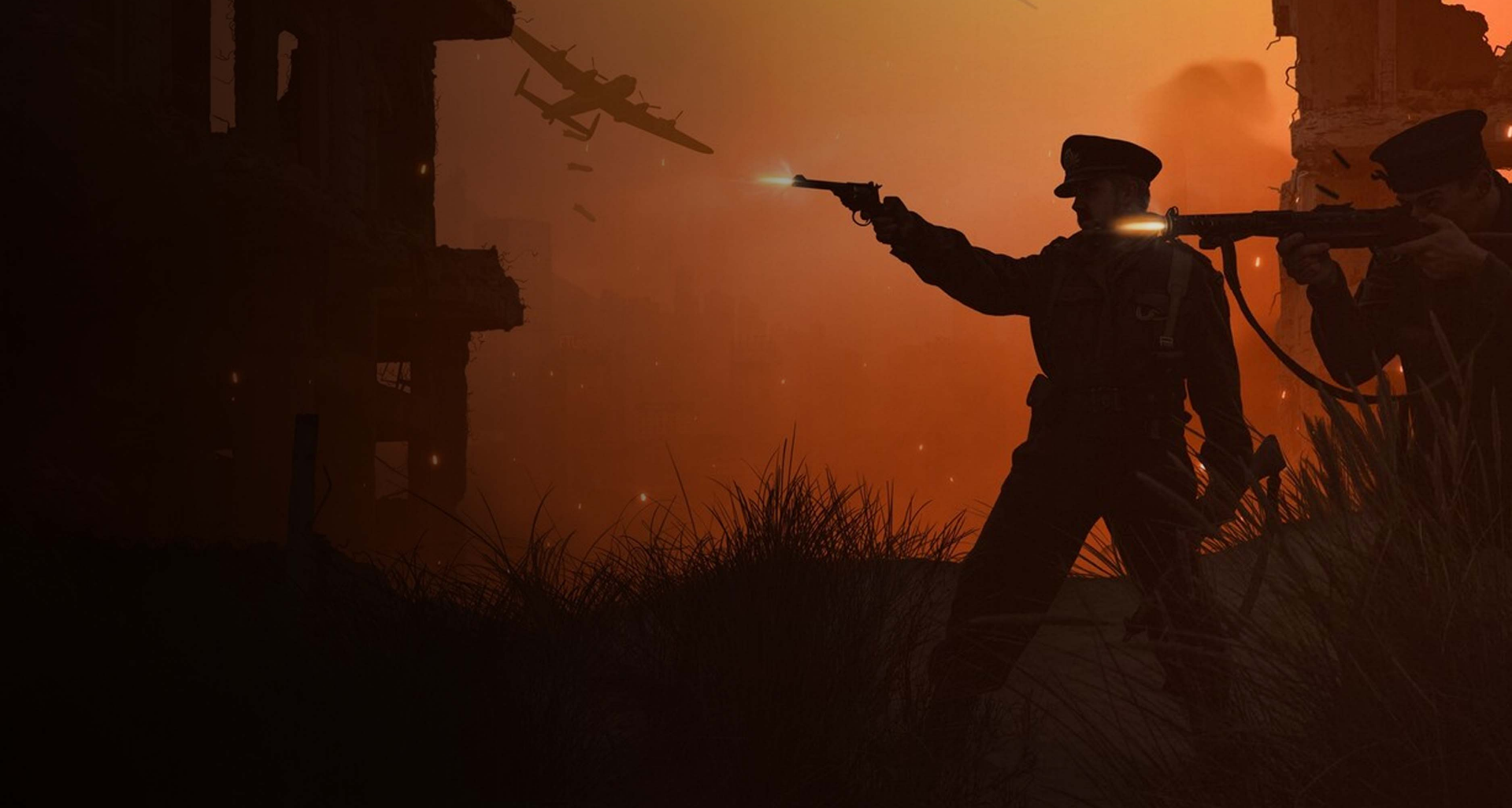If we look into history, wars have played a pivotal role in forming generations. Wars leave indelible signs on societies, traditions, mentalities, and the economy. If we analyze, we will come to know that the decisions of contemporary conflicts are made by keeping in mind the world wars of the twentieth century. The world wars have influenced how today’s people think, react, and interact with the other party.
Wars have impacted us in many ways. Some of the happenings are positive, and some of them are negative. In this article, we will discuss some of the major elements impacted by wars.
Mental Impact on People:
The most instant effect of war is the mental trauma experienced by the ones who went through it. Refugees, soldiers, and civilians are the ones who encounter fear of displacement, and loss. The survivors of world wars, especially soldiers and refugees, face long-term traumas and mental health issues. According to one of the studies (NHRVS National Survey), 23% of retired soldiers have post-traumatic stress disorder (PTSD). On the other hand, depression and anxiety are common.
Those impacts of war span from generation to generation as the trauma gets spread from parents to children. The children of those who survived the war grow up with strange behaviors of parenting. As the horror experiences experienced by parents, children are reared with the shade of uncertainty and grief.
Economic Unrest and Innovation
Wars upset economies and put societies at a disadvantage. On the contrary, those upsets led to revolutionary innovations. Post-World War economies were instantly decorated with new technologies and industries. The economic boom after World War Two in the United States is a major example.
Social and Cultural Change
Wars also incite major shifts in social as well as cultural customs. At times of fight, societies often encounter an increase in new activities intended for fairness and improvement. Both World Wars, I and II, for the time, intensely changed the roles of women, as they arrived in the workforce to replace men who were on the battlefields to fight. This emphasizes a shift in gender subtleties that placed the basis for future activities for women’s equality.
Politics and International Relations:
Wars change the political system within states as well as on the global stage. Governments habitually unify the power at times of battles. They lead to a shift in domestic strategy that might last long after the war ends. On an international scale, wars often redesign alliances, boundaries, and power dynamics.
Conclusion
Wars have an undisputable impact on generations. The horrors of battles can go unfathomable. Wars do also benefit the globe with innovation, change, and political rearrangement. The generations formed by war convey the lessons, shocks, and alterations of those happenings with them. Wars influence the progression of human history for generations to come.




